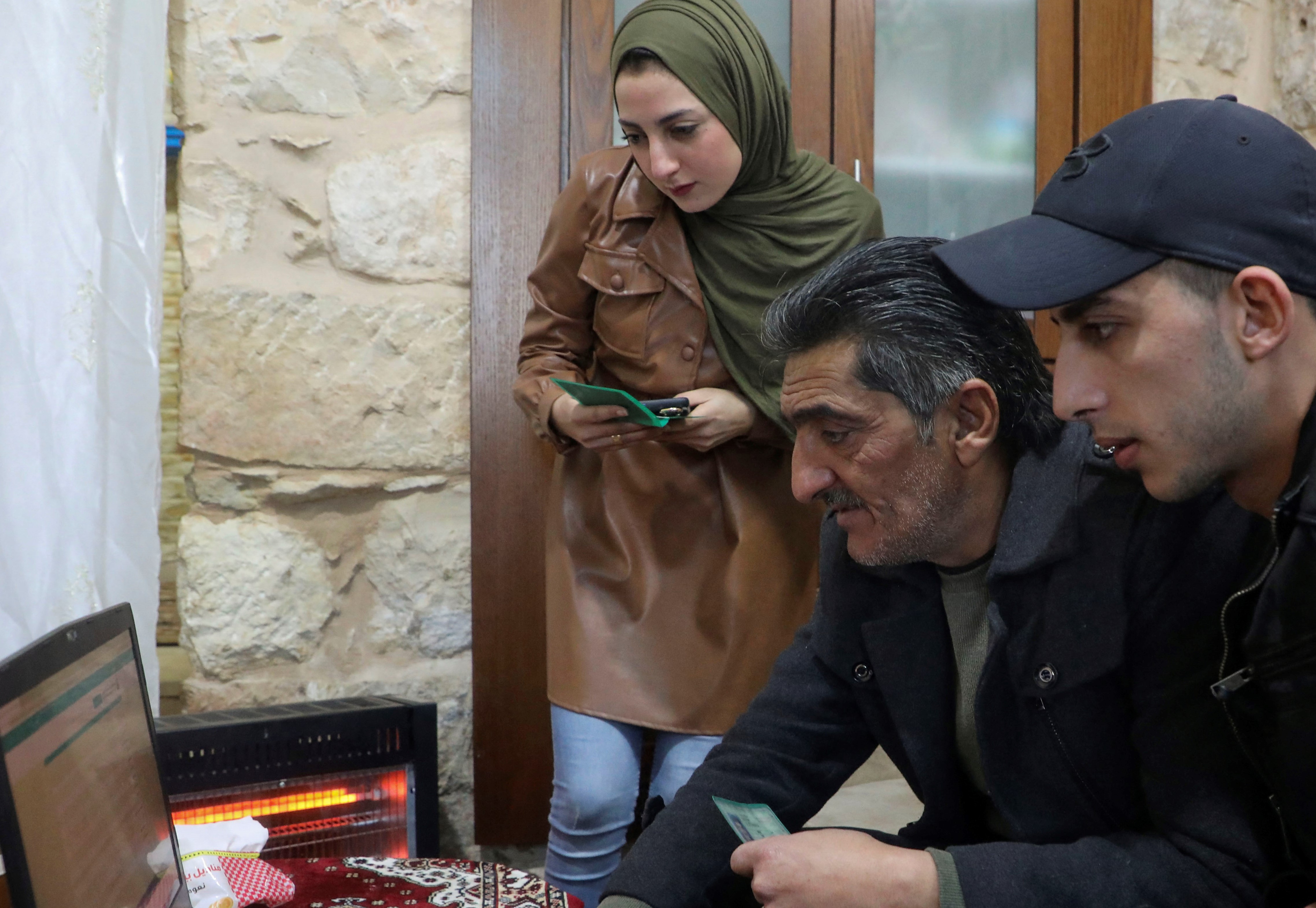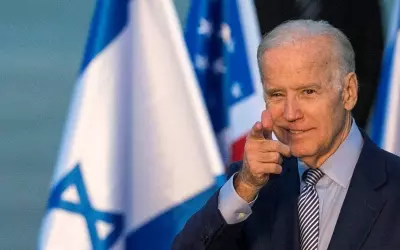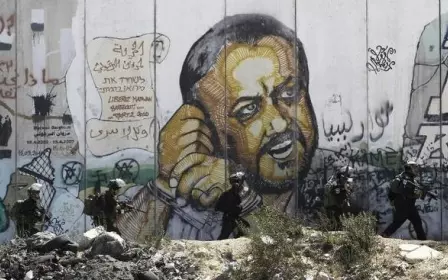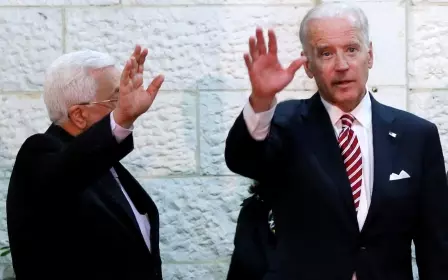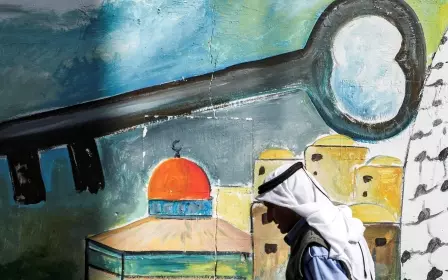Palestinian elections must be free, fair - and the results respected
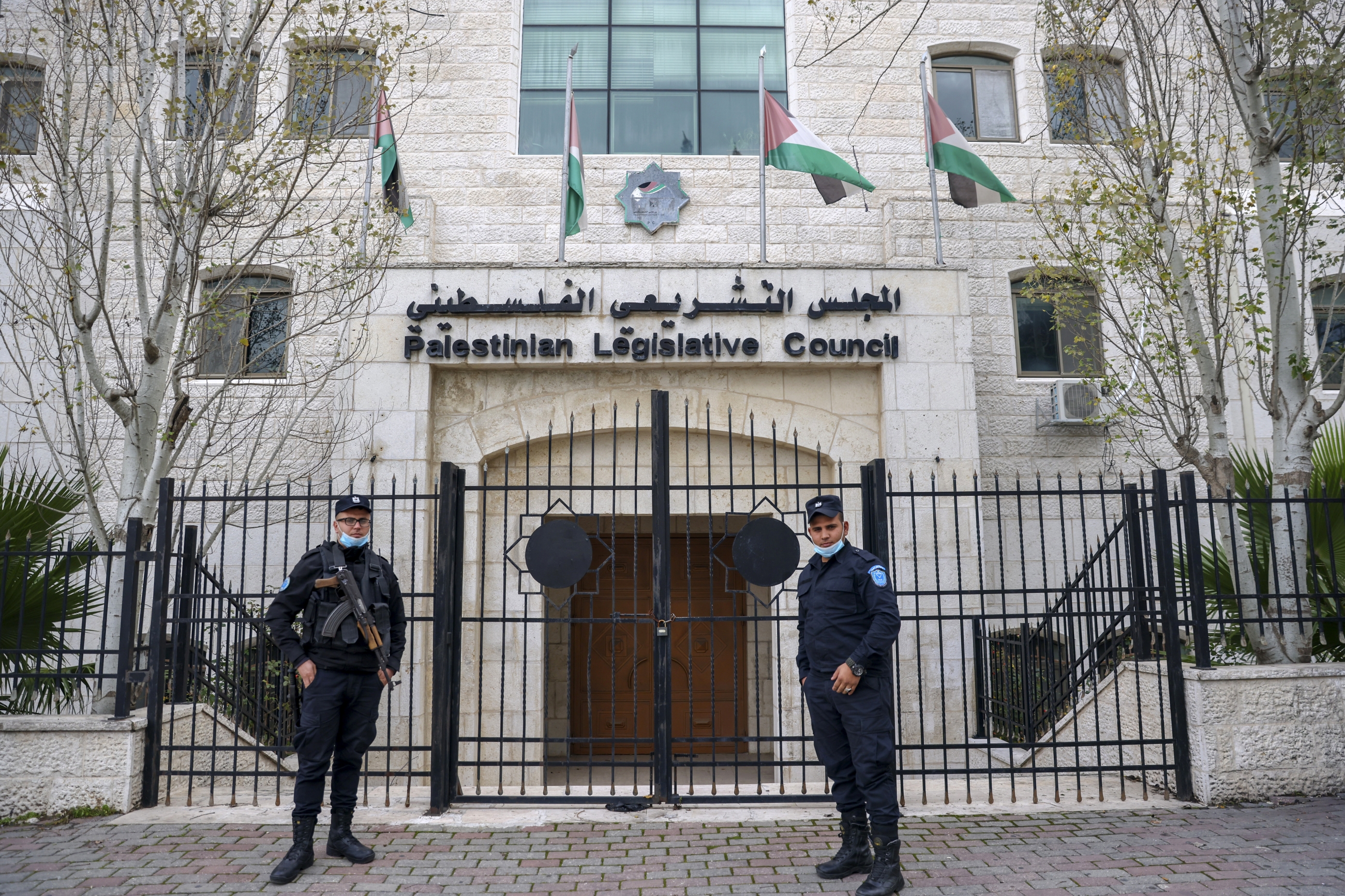
In 2006, Western countries rejected the result of the Palestinian elections in which Hamas won a clear-cut legislative majority. The elections were considered free and fair by international observers.
Before they took place, Condoleezza Rice, US secretary of state at the time, set pre-conditions on financial and political cooperation with a future government. She threatened the Palestinian people against electing any organisation that glorifies resistance, does not recognise the right of Israel to exist and does not accept previous agreements. These conditions were later called the “Quartet Principles”.
The Americans were able to impose their will on the entire international community, which led to a blockade on the Palestinian people and the national crisis that we are living in today. Its biggest consequences are the ongoing political division and the resulting humanitarian tragedy.
Israel is the biggest beneficiary of the continuing division of the Palestinian people and they have used every method to thwart Palestinian reconciliation efforts thus far
Most parties, especially the Europeans, later recognised that rejecting the election results was a grave political mistake that complicated the scene.
On Monday, representatives of the Palestinian factions, including Hamas and Fatah, met in Cairo to discuss and agree upon "a charter of honour". The meeting is also expected to discuss how the proposed Palestinian elections should be conducted and the outcome respected by all parties.
New MEE newsletter: Jerusalem Dispatch
Sign up to get the latest insights and analysis on Israel-Palestine, alongside Turkey Unpacked and other MEE newsletters
Palestinian political leaders have met repeatedly in most capitals of the region to find a way out. Unfortunately, these efforts have failed and we have paid an enormous humanitarian and political price.
Each party may find a different explanation or justification for these failures. However, the main causes are the external influences of the ongoing Israeli occupation and the role played by the successive US administrations. Israel is the biggest beneficiary of the division among the Palestinian factions and they have used every method to thwart Palestinian reconciliation efforts thus far.
As for the Americans, the framework for their vision is almost identical to the Israeli one. The outcomes of repeated internal Palestinian reconciliation talks, which sought to achieve consensus and unity based on the inherent rights of our people, have been met with successive American vetos. Accordingly, and in answer to the question, "will the next Palestinian elections take place?" I would say yes, it is possible, but the following conditions must be met.
The key conditions
First, the official Palestinian leadership should determine its options in the election process but leave the decision to the Palestinian people and their will. They must try to ignore the external factors, especially from Israel and the US, or at least not make these factors the basis for building their national strategies.
Democracy is indivisible. You cannot have one approach to democracy in the West, and another approach to democracy for other people
Second, the international community must express its explicit support for the entire democratic process, including respect for the election result. Democracy is indivisible. You cannot have one approach to democracy in the West, which can bring racists like former US President Donald Trump to power, and another approach to democracy for other people, which limits their ability to express their will freely and fairly.
Third, the US should realise that continuing to try to impose leadership on the Palestinian people is unacceptable. Trying to choose a leadership that is commensurate with the criteria of the "Oslo Accords" is also doomed to failure.
The Oslo agreement has failed to achieve any positive progress or political stability. It has undermined future opportunities to solve the conflict fairly and permanently. Former US Secretary of State Hillary Clinton mentioned that the Americans made a mistake when they allowed the elections to take place in Palestine in 2006 without guaranteeing their results.
Her view reflects a colonial and racist mindset within the ruling political elite in the US which has caused disaster and tragedy around the world.
External attempts to ignore the will of the Palestinian people or to shape the Palestinian leadership through siege, war and/or occupation have failed in a disastrous way. The Palestinians are a mature people. They have a deep understanding of the intricacies of regional and international equations. They know well that they want to build a better future based on stability and prosperity.
Fourth, it is no longer proper to refer to the conditions of the Quartet because they have exhausted their objectives and are invalid.
Is it reasonable to demand Palestinians renounce "violence" when they are victims trying to defend themselves from an aggressor who, at the same time, is not required to renounce violence?
Is this a reasonable demand when Israel possesses all kinds of weapons, including nuclear weapons, practices the annexation of lands, killing, demolishes Palestinian homes, carries out extra judicial killings almost on a daily basis, and has kept two million Palestinians in Gaza under siege for the past thirteen years?
A golden opportunity
In the 1960s, didn’t the US representative at the United Nations consider the "violence" practised by the people of "Namibia" against the apartheid state in South Africa justified, legitimate and a form of self-defence? Wasn’t it considered a legitimate reaction to the violence and racism practised by the apartheid system in South Africa? Why should it be different for the Palestinians?
With regards to accepting previous agreements, all Palestinian governments, including the government formed by Hamas after the 2006 elections, dealt with these agreements as a fait accompli and administered public affairs within their framework.
Furthermore, consider the reoccupation of the West Bank in Operation Defensive Shield in 2002, the construction of the apartheid wall and the massive expansion of settlements. After all of these violations committed by Israel, we must ask why, for example, have the Israelis not been asked to withdraw to the positions held before the start of the second intifada in September 2000?
During the last factions' meeting in Ramallah and Beirut on 4 September, all of the national and Islamic factions finally agreed to a national political agenda, which includes an independent and fully sovereign Palestinian state on the borders of 4 June 1967, with the occupied Jerusalem as its capital.
Fifth, Jerusalem is a red line and without Jerusalem there will be no elections.
We have a golden opportunity for everyone to get out of the current impasse, to end the division, achieve Palestinian unity and have a fresh start. The repercussions of a new setback will be dangerous to the Palestinian people and cause.
Action must be taken to consolidate the process, procedurally and legally, to ensure free, fair and transparent elections that reflect the will of our people.
The views expressed in this article belong to the author and do not necessarily reflect the editorial policy of Middle East Eye.
Middle East Eye delivers independent and unrivalled coverage and analysis of the Middle East, North Africa and beyond. To learn more about republishing this content and the associated fees, please fill out this form. More about MEE can be found here.



